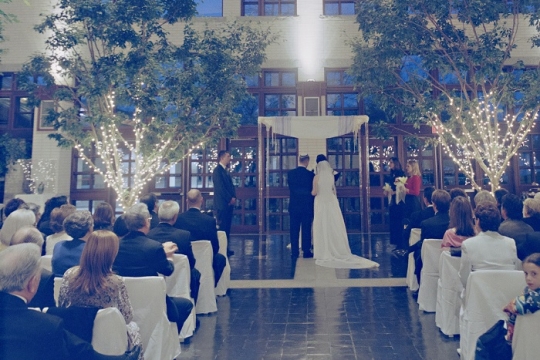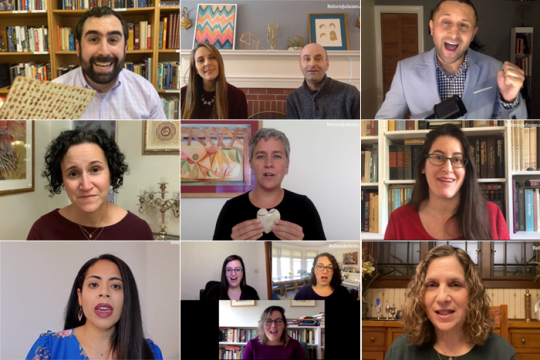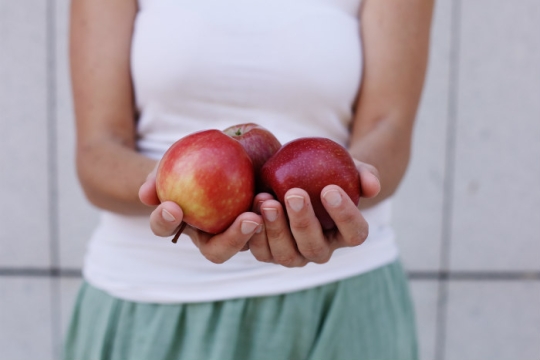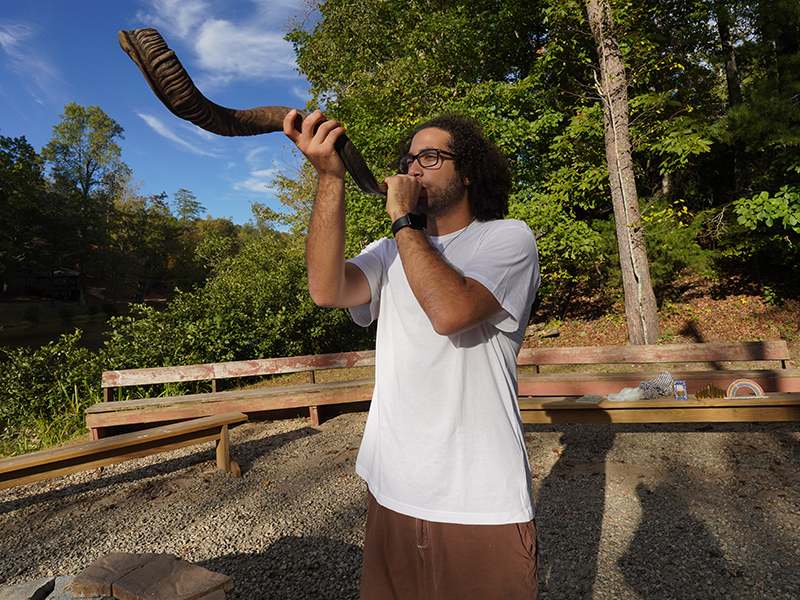
“Rabbi, I’m moving tomorrow and just wanted to ask you: Is there a proper way to take down my t?”
That was the question I was asked – but what the question doesn’t capture is the fact that this man was moving out of the home in which he grew up. It was the home that protected him during Hurricane Andrew, which took out all the homes across the street. The home where he celebrated his graduation from high school, college, and law school. The home his father had raised him in and, until last year, the home within which he had taken care of his elderly father.
He asked a question: What is the proper thing to say? To do?
I could have given him the halachic answer. After ensuring that the home would not be occupied by another Jewish resident (it will not), I could have told him that he shouldn’t worry – that there is no traditional “blessing” to say when leaving your home. Just remove your mezuzot and go.
But his question was not just about taking down a mezuzah.
He recognized that this was a moment of transition, a moment of goodbye, a moment of gratitude, a moment of hope for the future. Behind the question of proper blessing were bigger questions: How can I say goodbye? How can I move on? What can I bring with me when I go? Judaism is supposed to be there for us in these moments, giving us rituals and words to say, so that even if the emotions are hard to deal with, at least we know that we did what we’re “supposed” to do.
And so, I told him I would come to his house for a proper ritual. This gentleman is a regular attendee at my synagogue’s worship and study, and he has a lovely voice. I knew he would appreciate my involving ritual components he’s familiar with – along with some twists.
We began with an altered . It was a Tuesday, so we were not saying goodbye to Shabbat; instead, the wine symbolized the holiness of the physical space. He shared memories of his home, pointing to different locations in the now-barren room as he described what had taken place there. The spices served as a symbol of the sweetness of memory that he’ll bring with him wherever he goes. And the candle represented the way our lives are intertwined, the way we bring warmth and light to one another – that he is an integral part of a community.
I changed the traditional ending of Havdalah, which says “Hamavdil benkodesh l’chol” to “Barukh atah Adonay, hamavdil ben poe v’sham, ben avar v’atid”: “Blessed are You, Adonai our God, Sovereign of the Universe, who distinguishes between here and there, between the past and the future.”
Finally, it was time to remove the mezuzot.
“Dear God, we are grateful for all the blessings that have come into this home over the years. Thank you for your protection of the members of this house and the many blessings you have afforded them. Now, as Ted moves to a new place, on his own for the first time, we take the mezuzot off the doors for him to bring with him. May they continue to create entryways for those who will love and support him. May they continue to remind Ted of his connection to his family, his past, his community, his Higher Power, and his future.”
Even after all those years, they came off the doorframes whole. The klaf (scroll) inside each was still intact – perfect for his new home.
Together, we sang “L'chi Lach” by the late Jewish musician Debbie Friedman. That was Ted’s last day in his home.
The mezuzah is a symbol that we are connected to a power greater than ourselves. The instructs us “uch’tavtam al m’zuzot beitecha uvish’arecha,” “inscribe them on the doorposts of your house and on your gates,” hence the tradition of placing a small scroll with the words of the Sh’ma on the doorposts of our homes. When we enter and when we leave, we see the mezuzah and are reminded of the words inside. We may look at it and remember how that mezuzah came to be there. We may look at it and feel Divine protection.
Ted wanted to take his mezuzot with him. As he looks at them, he does not see only scrolls; he sees beloved family members and decades of memories. May he inscribe them on the doorposts of his new home, and may they continue to bring him blessings – including the blessing of memory.
Related Posts

My Father’s Tallit

Share These Videos by Reform Jewish Leaders for Your Passover Seder

